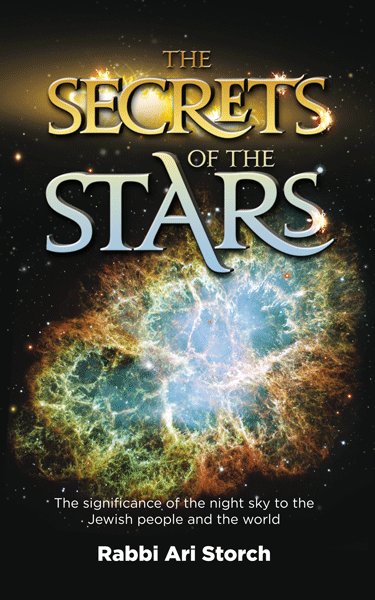Before I begin I would also like to refer you to a post from last year that shows some stiking similarities between certain elements of Greek mythology and certain Midrashim, specifically one associated with Matan Torah (since Shavuos is coming) and a reference to one associated with Sotah (this week's Parsha). Please click here to see Midrash Similar to Mythology.
While discussing the aspects of the Nazir in this week's Parsha, the Midrash Rabbah details some of the troubles that drinking wine can cause. In the course of its discussion the Midrash mentions that wine and deep wisdom are mutually exclusive. As wine goes in the wisdom goes out. (I have heard many interpret this line to mean that when one drinks wine he begins to tell his secrets, but the Midrash is clearly not saying that.) One begins to lose his abilities of reason and wisdom as he drinks. (Bamidbar Rabbah 10:18)
To express its point the Midrash compares wisdom to the Pleiades and wine to Scorpius. The Pleiades are a small cluster of stars that can be found in the constellation Taurus (see my earlier post The Rambam Knew Math which discusses that some regard this cluster to be in Aries) and Scorpius is a constellation that is associated with the month of Cheshvan. These two stellar objects are diametrically opposed in the sky and therefore can never be seen simultaneously in the sky. In order for one to be above the horizon the other must have set.
The Midrash continues that the Pleiades come out at a time when things begin to grow and ripen in the fields. Its month is that of Iyar and its time is springtime. This is comparable to wisdom which is productive and causes productivity. Scorpius, on the other hand, is symbolized as a scorpion whose distinguishing feature is that he kills his prey with his tail. Just like the venom comes from behind with regards to a scorpion, so too the wine affects its imbiber only after a duration of time.
I find it interesting that the Midrash finds some physical association with the Pleiades but only a symbolic one with Scorpius. While the Midrash got its point across one would have thought it could find two other objects that could be compared in similar terms. Perhaps one could suggest that the description of the scorpion also depicts the time of year that Scorpius represents, autumn. Cheshvan is the second month in autumn, but the time when preparation for winter is a little late. If one did not prepare well in Tishrei he may have thought he would be able to get through the winter. However, at some point in Cheshvan he will begin to notice his supply depleting and realize that he is not ready to struggle through the winter. The damage was done up front during Tishrei (and perhaps Elul) when the individual did not prepare wisely, but its repercussions are not felt until later in Cheshvan.(The comparison to the judgment of Rosh Hashana in Tishrei and the ensuing month is pretty obvious, as well.)
One can also not ask why the Pleiades does not symbolize anything associated with wisdom metaphorically, because it clearly does. Chazal express the Pleiades as appearing to be a cluster of stars that when observed more closely has more than even initially seen. (See Berachos 58b) Such is true wisdom that can appear impressive even on the surface level, however, the more one delves into it he sees there is so much more there.
Subscribe to:
Post Comments (Atom)


No comments:
Post a Comment